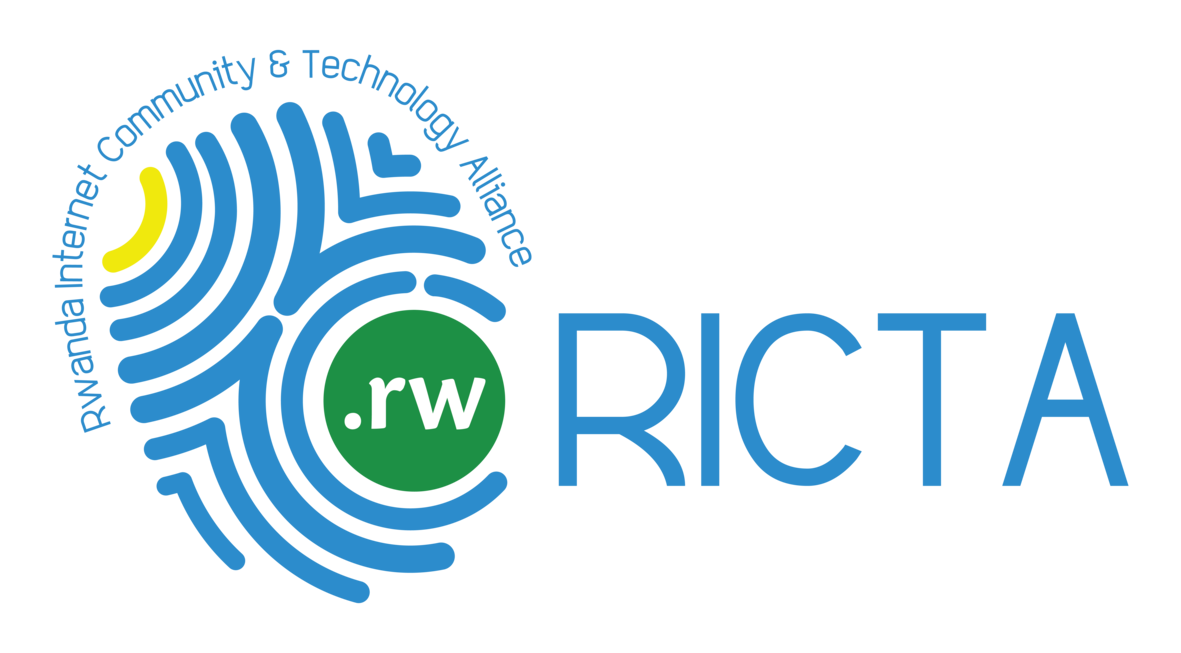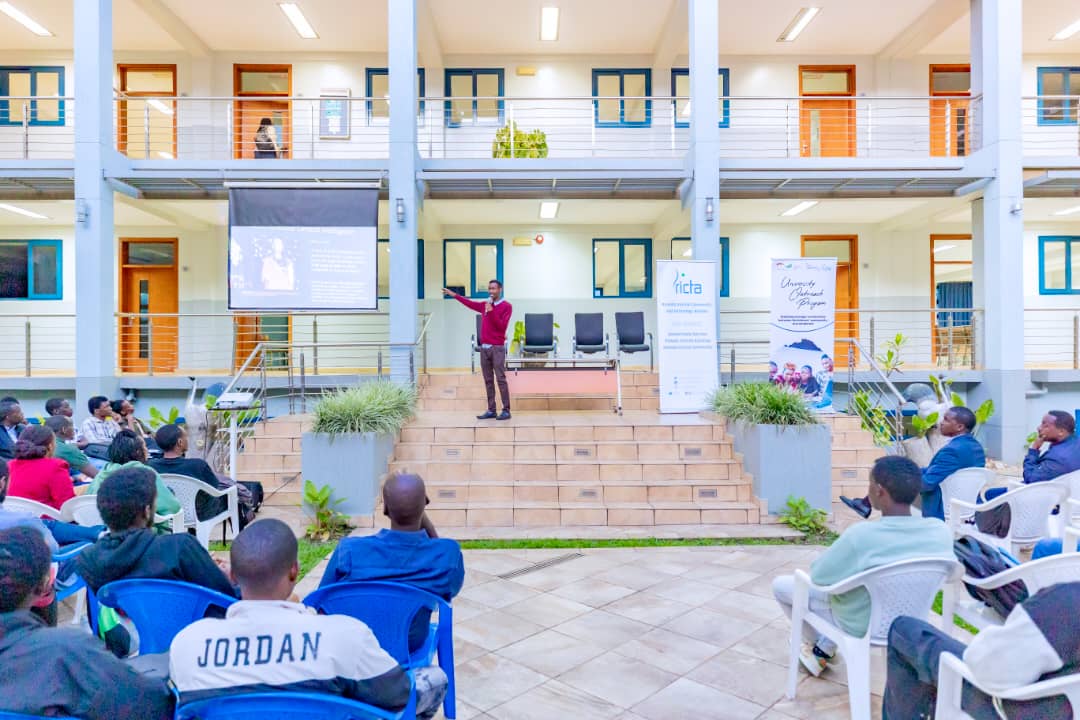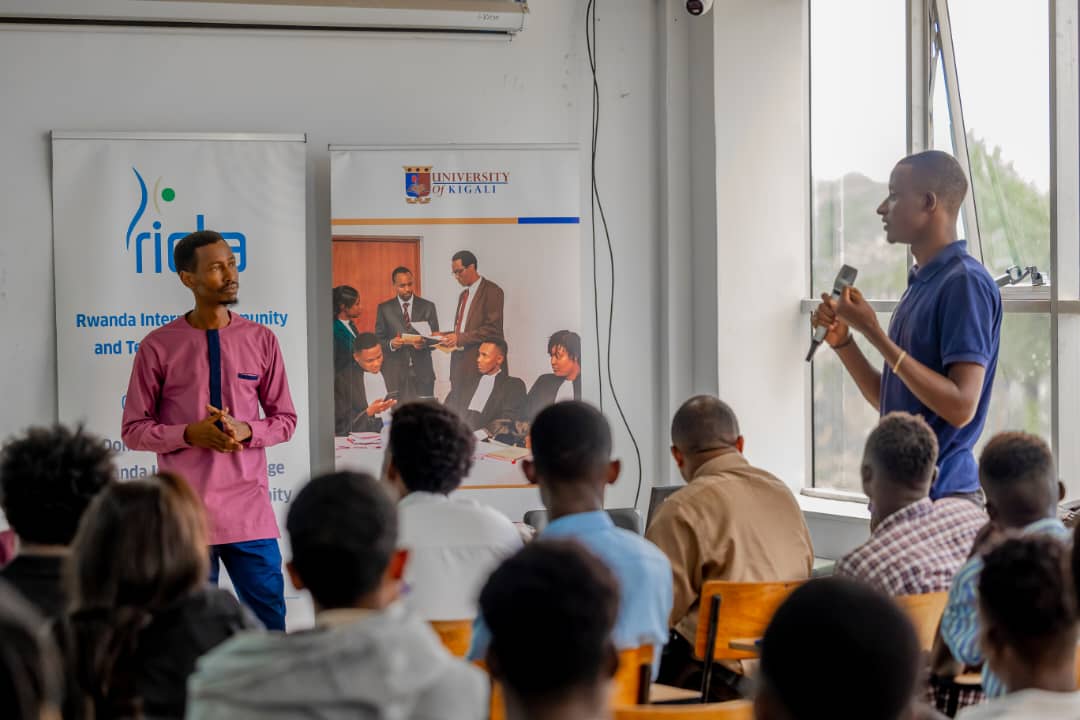The Impact of the University Outreach Program
In a world marked by rapid change in technology, globalization, social dynamics, and environmental challenges, staying abreast of developments is crucial. Students need to prioritize learning new technological tools and keep themselves abreast with the best practices. As businesses go global and workplaces become borderless, companies are looking for professionals who can fit into multicultural and rapidly evolving organizations. They are also looking for talented professionals who demonstrate leadership qualities and potential to go beyond the brief. Hence students must learn a variety of skills, which will not only enhance their employability but also help them to progress faster in their careers and enable their personal growth.
The University Outreach Program is an initiative that aims at fostering collaboration between the Internet community and academia and stands as a beacon for knowledge dissemination and connection building.
Objective and Impact of the Program
The primary objective of the University Outreach Program is to establish robust connections between experts and the university community. Through mediums such as talk shows, seminars, conferences, debates, and panel discussions, the program seeks to facilitate the exchange of knowledge and experiences regarding the latest developments and trends across diverse fields.
In collaboration with prominent universities, namely the University of Lay Adventists of Kigali (UNILAK), Adventist University of Central Africa (AUCA), and the University of Kigali (UoK), the program was launched through these universities and played a pivotal role in promoting partnerships between industry and academia.
The impact of the outreach program is evident in terms of participation whereby a total of 475 students actively participated in presentations focusing on Generative AI technology in developing countries. This engagement has not only enhanced awareness but also forged strong connections between industry experts, students, and university lecturers.
During these interactive sessions, key concerns such as job displacement, AI dominance, impact on thinking capacity, and plagiarism were addressed and acknowledged. An emphasis on the importance of education, ethical frameworks, and regulations were highlighted as ways to mitigate potential negative impacts.
The audience also raised thought-provoking questions and suggestions, including issues of control/ownership of AI, using AI to solve its problems, human vs. AI problem-solving, and minimizing human errors. The discussions highlighted the need for ethical considerations, international collaboration, and responsible deployment of AI technologies.
Way forward
The participants requested more engagements and workshops to delve deeper into specific concerns raised during the outreach program. This highlighted the need for more educational initiatives promoting responsible AI use, adherence to ethical guidelines in AI research and deployment, and further exploration of the discussed concerns.
The collaboration between the Ministry of ICT & Innovation, GIZ Rwanda, and RICTA in executing this program has yielded tangible outcomes, such as strengthening ties between academia and industry. As we move forward, it is essential to continue fostering such initiatives to create a more resilient, skilled, and inclusive society. The University Outreach Program stands as a testament to the positive impact that collaborative efforts can have on shaping the future and has laid the foundation for sustained collaboration between educational institutions and industry stakeholders.



